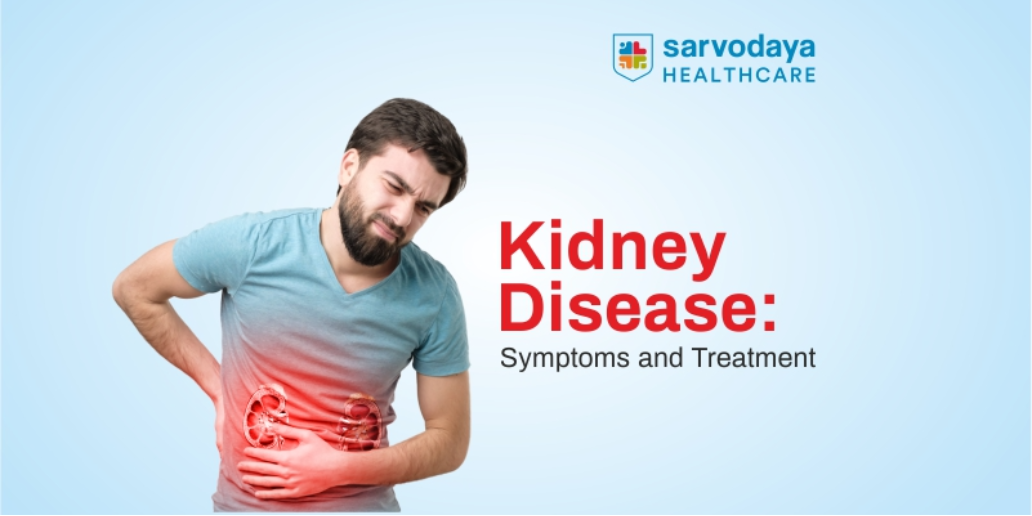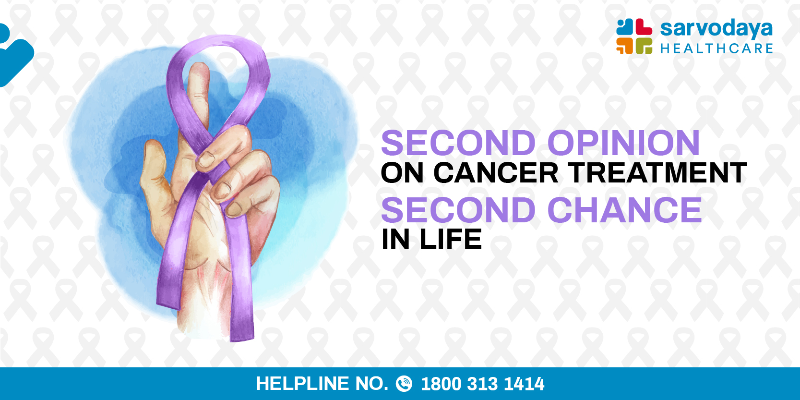Kidney diseases may disrupt the normal functions of Kidney and severe cases like Kidney Failure results in complete loss of ability to filter out waste and balance fluid in the body. Kidneys filter out the toxic chemicals and excessive fluid from our blood, which are then released in the form of urine. Kidney diseases can lead to imbalance of fluid and unwanted waste build up in our body.
In early stages, we may not identify signs or symptoms, but they become prominent in the later advanced stages.
Kidney disease treatment aims at slowing down the progression of kidney damage by controlling the cause and other factors contributing to kidney disease progression. The treatment won’t guarantee normalization of kidney functions, but only retardation of disease progression speed. Kidney disease can progress to end-stage, if not controlled by proper treatment or dialysis and kidney transplant if required.
Symptoms
Depending upon the severity, the symptoms for kidney disease would be:
- Nausea
- Loss of appetite
- Weakness and fatigue
- Sleeplessness
- Decreased urine output
- Swelling in feet and ankles
- High blood pressure
- Breathlessness
- Dry or itchy skin
Common Causes
Kidney disease occurs when an infection, lifestyle changes or a medical condition affects kidney functioning, causing it to deteriorate over a period of time. Some of the causes are:
- Diabetes type 1 or 2
- High blood pressure
- Inflammation of kidney filtering unit
- Inflammation of kidney tubules and surrounding structure
- Inherited kidney disease
- Kidney stones, enlarged prostate.
- Urine reflux
- Kidney infection
Diagnosis
As a first step towards the diagnosis of kidney disease, the doctor might ask you the following questions: your family history, whether you have been diagnosed with high blood pressure, or are you on any medication, any noticeable changes in urine habits.
They may prescribe you certain tests and procedures to understand the severity of kidney disease. The tests might include:
- Blood tests: Looking for levels of creatinine and urea in the blood.
- Urine test: It can reveal any abnormality that indicates chronic kidney failure and helps in identifying the cause.
- Imaging: Ultrasounds are done to find the structure and size of the kidney.
- Biopsy: Testing a small sample of kidney tissue to determine the reason behind kidney problems.
Treatment
At this point, you need Kidney Transplant or dialysis to survive.
Dialysis:
Is a process of artificially removing waste products and extra fluid from the bloodstream when the kidney can no longer do that on its own. In haemodialysis, a machine filters waste and fluids from the blood, and in peritoneal dialysis, dialysis is done by inserting a tube in the abdominal cavity and injecting a solution that filters out the waste and fluids.
Kidney transplant:
A kidney transplant involves placing a healthy kidney from a donor into your body surgically. After a kidney transplant, the patient is prescribed medicines for the rest of the life to remove the possibility of rejecting a newly transplanted kidney. No dialysis is required after a kidney transplant.
Sarvodaya’s Centre for Dialysis and Kidney Transplant is equipped with advanced technology, medical facilities, and the best nephrologists for whom the health of the patients is the sole objective.
Book your appointment at Sarvodaya Healthcare










